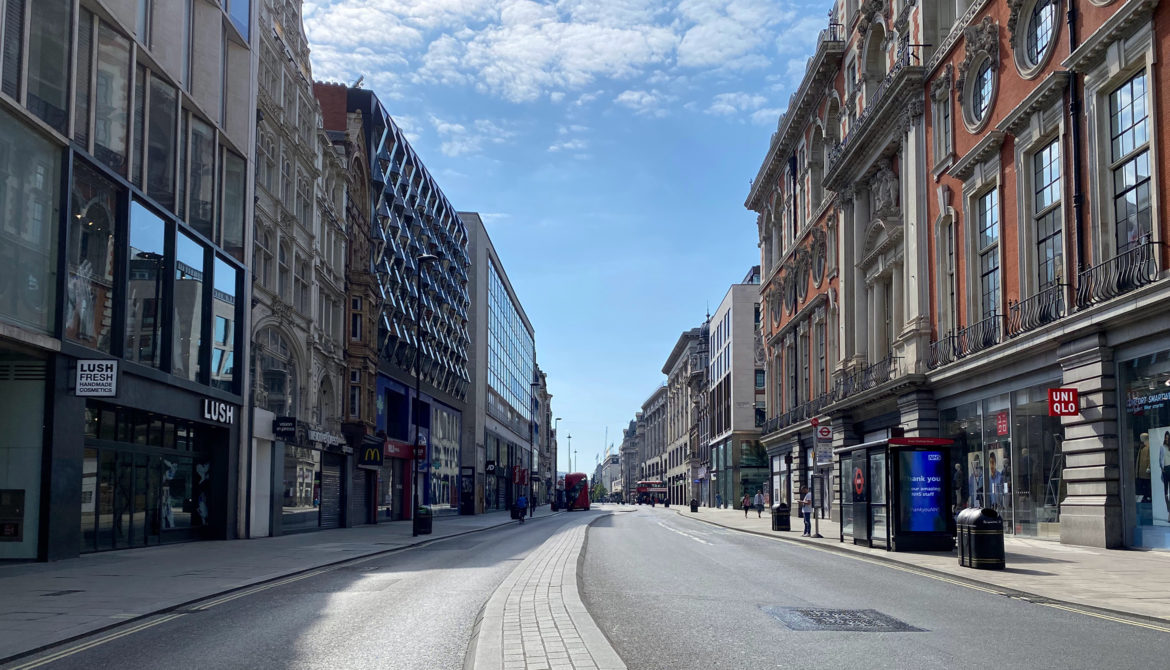
Views • 26/03/2022 • 3 minutes read
Retail Property Management is Evolving
While the shopping centre and high street landscape is changing, so is retail property management.
It is no longer enough for retail property managers to simply specialise in shopping centres. We need to simultaneously evolve with the changing retail landscape and become specialists in town centres in their entirety.
MAPP Retail manages in excess of 12m sq ft of retail space, and our schemes enjoyed a pre-Covid footfall of 54.5m visitors annually, but clearly these figures will alter when we emerge from the lockdown era.
Our clients, the landlords and asset managers of shopping centres, high streets and retail parks, need more from MAPP Retail now than just collecting as much rent as possible and keeping service charge costs to a minimum. They are looking for support, guidance, ideas and initiatives, and the tools to transform their retail assets into relevant civic hubs that benefit and serve the communities in which they sit.
The pandemic saw a rapid shift in the role of the property manager at head office level, whose job changed into more of a credit controller and payment-terms-negotiator. But as we emerge from the third lockdown and our non-essential businesses reawaken, the lease regears and potential deferred rent payment plans have largely now all been agreed. So, in the short term, we need to look to support our retailers’ businesses to enable them to fulfil these agreements.
Longer term, we need to leave behind the notion that a shopping centre should house purely retail. In a lot of cases, due to the well-recognised oversupply of shop space, this is simply not enough anymore. It has been greatly publicised that 40% of retail space in the UK is no longer needed and an estimated 18,000 shops could close down for good in 2021.
We recognise that retail destinations need to deliver flexibility and the potential to provide complimenting alternative uses that meet the communities’ needs, be it sport and clubs, health and wellbeing, education, music and creative arts, such as community centres and NHS Wellbeing Hubs. This is all in amongst a healthy mix of retail, leisure and F&B.
We must also embrace increased public and private sector collaboration. At MAPP, we actively encourage our centre management teams to live and breathe their localities, perhaps by joining the local BID board where appropriate, so that they are fully embedded in the community. We encourage each member of our site teams to broaden the mainstream tenant liaison role to reach out further to the outlying community. This allows opportunities for the team to evolve and deliver our clients’ visions for appropriate repurposing. They are empowered, entrusted, and encouraged to create relationships with local stakeholders, groups, and charities, allowing them to be in the best possible position to understand and, where possible, respond to the needs of the community.
Our role is no longer just about supporting our retail locations in creating safe environments and delivering experiences that keep customers entertained. It is evolving into a role that encompasses an even stronger partnership with our clients than ever before. It is about understanding the needs of town centres and assisting landlords in formulating plans and opportunities for repurposing. Ultimately we need to help their dreams become a reality by unlocking the full potential of their shopping centres and retail destinations.